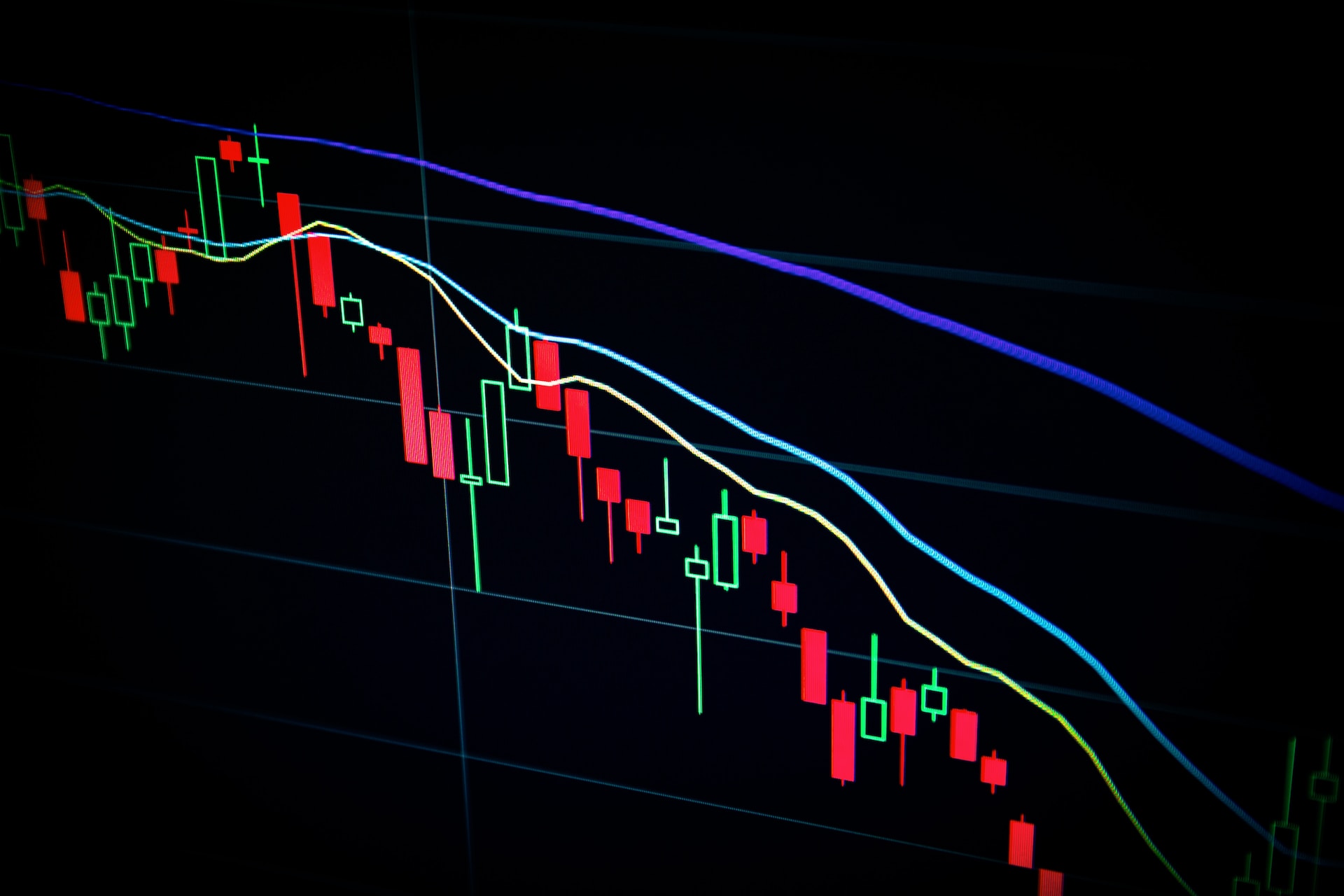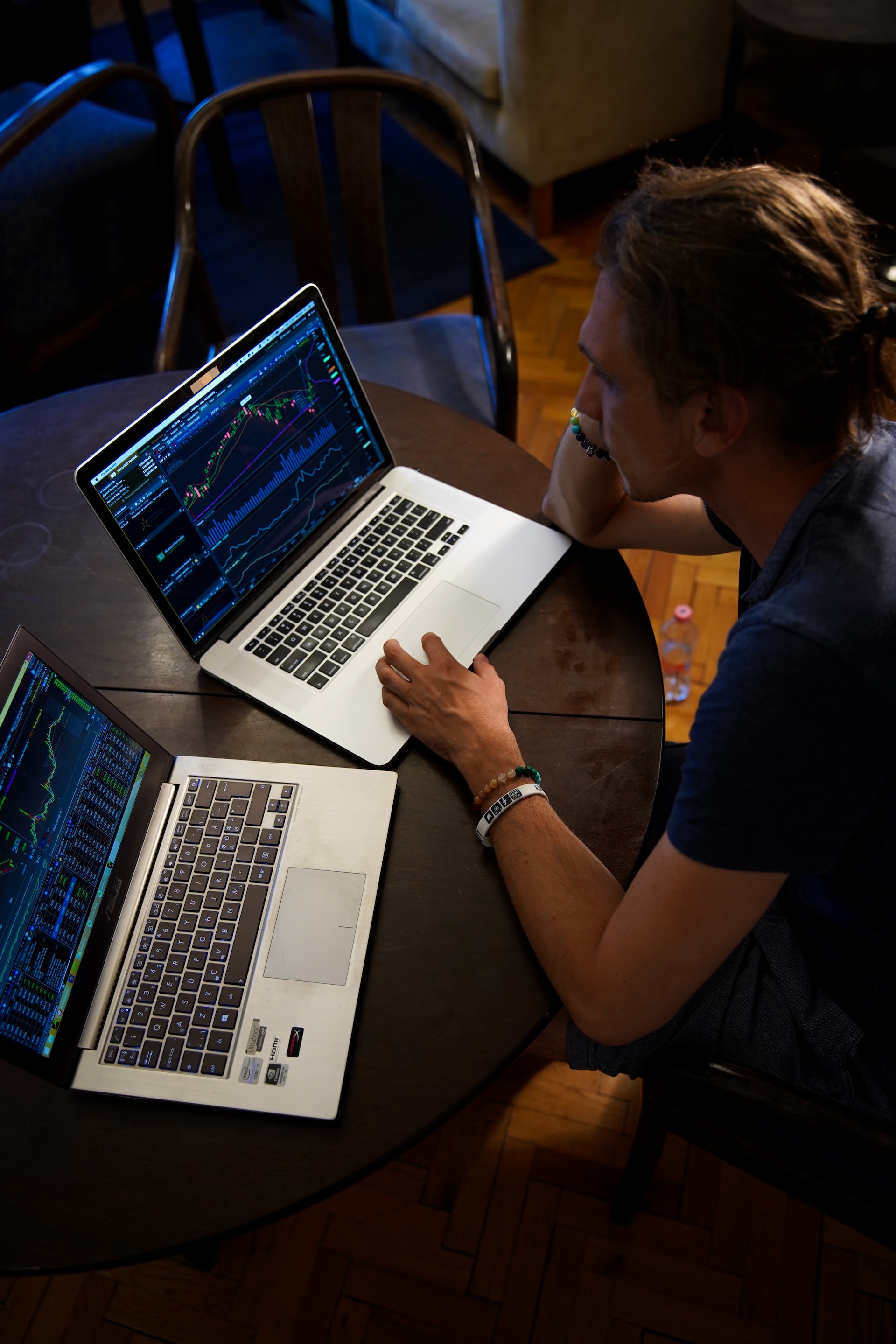Online trading platform eToro's valuation was cut by two-thirds in a $250m round this week, as the financial markets slump hits the sector.

The rise of online trading once looked like it could fuel a long-term stock market boom that would carry platforms like eToro with it. Instead, the opposite has happened, as the company raised $250m this week at a sharply reduced valuation.
Telecommunications and internet group SoftBank and workflow automation software provider Ion Group were both part the round, reportedly valuing eToro at $3.5bn, approximately one-third of its valuation years ago when it sought to list through a reverse merger.
Founded in Israel in 2007, eToro emerged with an online foreign exchange trading platform that gradually expanded to include commodities, share trading and, in 2017, cryptocurrencies. The company was also well funded, collecting more than $160m from backers, including insurer Ping An and financial services providers Sberbank and Commerzbank by 2018.
This growth was then supercharged by a booming stock market. The S&P 500 Index logged annual stock market returns of 16% to 29% between 2019 and 2021, with tech stocks in particular soaring during the coronavirus pandemic. Digital currency trading was also booming. The overall cryptocurrency market cap passed $1 trillion for the first time in January 2021 and soared above $3 trillion by November.
eToro’s valuation, meanwhile, jumped from $800m in 2018 to $2.5bn the following year, and by early 2021 it had agreed a reverse takeover at a $10.4bn valuation.
The company had collected 20 million registered users at that point but was far from the only venture-funded platform to benefit from heightened trading activity. Robinhood’s valuation leapt from $5.6bn in 2018 to about $32bn in its 2021 IPO, while Morgan Stanley paid $13bn to buy E*Trade and the likes of TradingView and Wealthsimple secured 10-figure valuations.

At the time, it looked as if online platforms could democratise the act of trading, making share and cryptocurrency buying a mainstream activity that no longer required specialist brokers, in turn continuing to push prices up. Boom periods often work in decade-long cycles, punctuated by events like the dotcom crash in 2000, the 2008 financial crisis and the covid-fuelled economic shock in 2020. Unfortunately, it hasn’t worked out that way.
Crypto prices peaked in 2021 and remain far beneath their high point while NFT prices have been impacted by an overstuffed market. Tech stocks began to decline as lockdown mandates lifted and after reaching an all-time peak at the start of 2022, the US stock market index has been hovering below, periodically impacted by factors like the turbulence in the banking sector this month.
So, what does that mean for a company like eToro? When you rely on commissions to generate revenue, lower prices and trading activity mean you make less money. That drop in revenue then makes it harder to maintain your valuation.
The proposed reverse merger listing was terminated in July last year, shortly after the company cut its workforce by 6%. The latest funding wasn’t even a conventional equity round, but an advanced investment agreement put in place in case that deal fell through.
The cash influx was disclosed alongside financial results showing that although eToro has increased registered users to more than 31 million, it has only 2.8 million funded accounts and its commission revenue for 2022 was roughly half of what it was the year before. It blamed the cryptocurrency market for the figures.
“At eToro we need no reminder that markets are cyclical,” chief financial officer Meron Shani said this week. “The diversified nature of our multi-asset product offering ensured that commissions from equities and commodities partially offset the decrease in commissions from crypto assets in 2022.
“It’s also worth noting that we were not impacted by the liquidity concerns which plagued many in the crypto industry. Our underlying business is profitable and our balance sheet is strong.”
Yoni Assia, eToro’s CEO, told TechCrunch the company remains profitable on an EBITDA (earnings before interest, taxes, depreciation and amortisation) basis but its latest valuation tells its own tale, as does Robinhood’s share price, which has fallen nearly 90% since August 2021, shortly after it went public.
These falls have to be viewed in the context of a larger fintech market everyone now agrees was vastly overheated in 2020 and 2021. Digital payment processor Stripe just raised money at a 50% valuation cut from two years ago, for instance. But the interconnectedness of the sector means the fate of a company like eToro relies heavily on market activity. With JPMorgan Chase this week becoming the latest bank to predict an imminent US recession, that increase in activity could take a while to come.
Lead image courtesy of Maxim Hopman via Unsplash.









